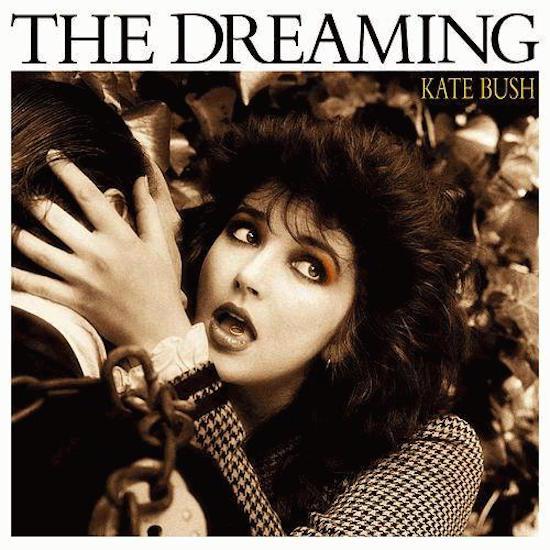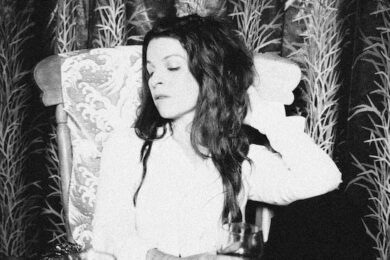6. Kate BushThe Dreaming

It must have been 1995 when I heard this for the first time. I was the star singer in my choir, the youngest person let into this choir, in my high school. And when I say high school choir, this wasn’t an amateur choir – we were competing across the nation, so we were learning quite complicated and sophisticated material; it was chamber singing of a high calibre, relatively speaking. I was singing about three or four hours a day, but also then smoking pot, and I didn’t understand that it was destroying my voice. I couldn’t sing at a certain point, and I had to go on a vocal rest for about a year. Really all I needed to do was stop smoking pot, but I didn’t tell the doctor that I was smoking pot, ‘cos then my mom would find out. And I didn’t stop smoking pot ‘cos I was like 16-years-old, why would I do that? So I had to go on this vocal rest, and had to drop out of the choir, and what it did was it changed my voice. When I tried to go back into the choir, I had lost my confidence, at least with this particular aesthetic, because my voice wasn’t strong the way it was before, and I was trying to find my way back into it. I had kind of a personal breakdown, because I identified myself as a singer, and my social standing was built on singing. You probably shouldn’t build your social standing on your abilities, but I think we probably all do.
My friend Julie introduced me to Kate Bush, and it was through listening to her that I discovered a different way of recovering my voice. Not just discovering but recovering. My mother taught me that there was one particular way to sing safely, and I was rebelling against that. I’d heard ‘Wuthering Heights’ before, and it was of the aesthetic that I was used to in choir, this kind of clear-as-a-bell signing style, which I could relate to. But when I heard The Dreaming for the first time, I was hearing Kate Bush sing from a place that was very unfamiliar. Everything is emotive, everything is from her emotional body, and I used that as my gateway to recovery – letting my emotional body guide the mechanics of my voice, so that I could sing safely. You have to understand your voice and sing with a technique that is protecting you. At the same time, there is something to be said for singing from a feeling, and then letting that feeling guide the technique, and it was through this that I recovered.


